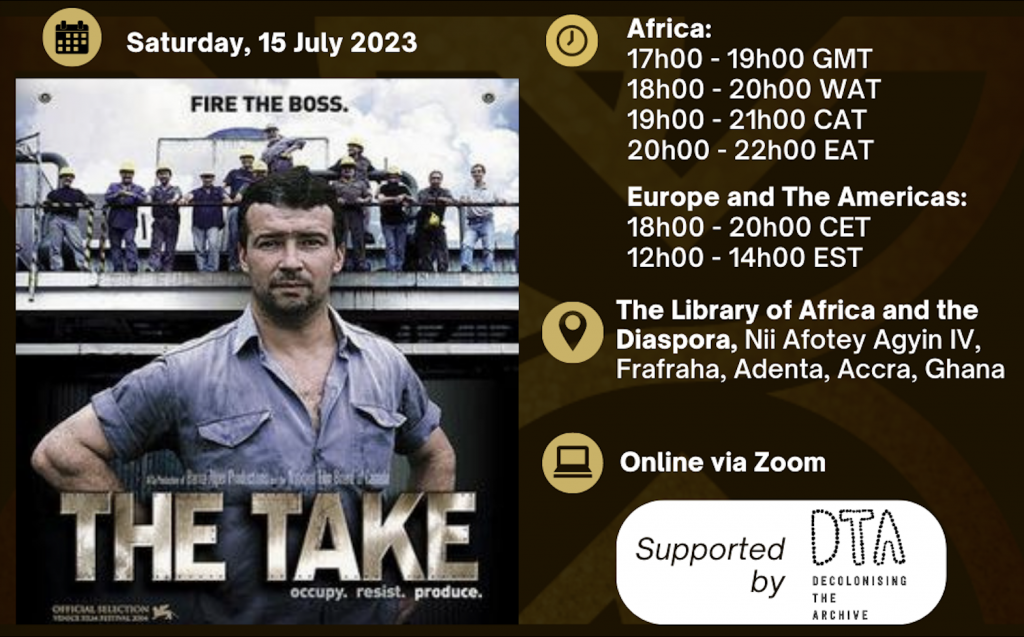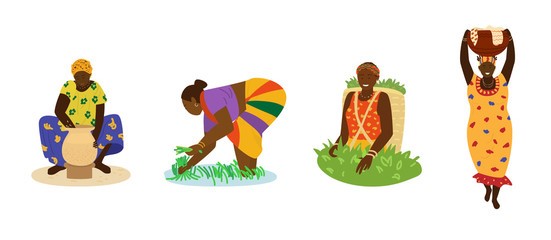Fire the Boss

In the early 2000s Argentina experienced a major economic crisis. At its most severe, many businesses ceased operations and moved their funds out of the country, leaving their workers owed wages and salaries. Those workers mobilised, as permitted under Argentina’s constitution, to have the business legally assigned to them, something that happened in more than 200 instances. This inspiring film is an account of the struggle of workers in one of these businesses: an iron-parts foundry called Forja.
The UN General declared 2012 the International Year of Cooperatives and commissioned a global study about cooperatives. It found that there were about 2.5mn cooperatives worldwide, with a workforce of around 250mn. Of these some 10.8mn were members of worker-owned cooperatives, and participation in cooperatives of all kinds was found to increase economic inclusion, social cohesion, and equity.
During the Gorbachev-led government in the former Soviet Union, there was a drive to introduce worker cooperatives, and although between 1987 and 1990 almost 190,000 such cooperatives were formed employing nearly 5mn people, the effort was overtaken by the eventual dissolution of the Soviet Union. Nevertheless, worker cooperatives currently have a strong and growing presence in the USA, Europe, Asia, and South America including Cuba which introduced an initiative to promote worker cooperatives in 2014. Not so in Africa. The question might therefore be asked: ‘how might worker cooperatives come to exist and thrive in Africa?’
Registration closed
Past events
https://youtu.be/YvduRJsNYfghttps://youtu.be/Z_Rz48gxiJM
If you registered for or attended Cooperation Africa webinar, an email containing the link to the recording will be sent to you after the event. Please check your inbox, spam or junk email box.

